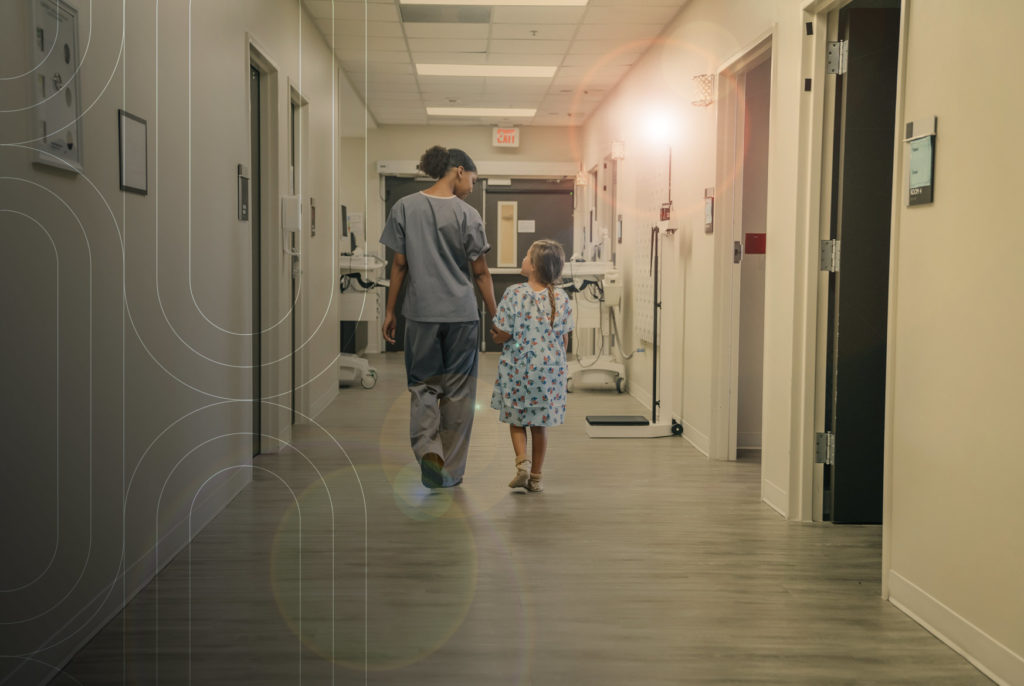Over the past decade, healthcare has seen a significant shift towards data-driven decision-making processes. The rise of health analytics software plays a crucial role in making healthcare more efficient, accurate, and personalized. In this blog post, we will delve into how health analytics software can be used for enhanced clinical decision support, with a particular focus on tackling clinical burnout and streamlining workflows.
What is Health Analytics Software?
Health analytics software is an advanced technological solution that collects, analyzes, and interprets vast volumes of health-related data. This software uses artificial intelligence (AI), machine learning (ML), and statistical tools to turn raw data into actionable insights. These insights are used to improve patient care, enhance clinical decision-making, reduce healthcare costs, and streamline operations.
The Importance of Enhanced Clinical Decision Support
Clinical decision support (CDS) refers to health IT systems designed to provide direct assistance to healthcare providers in making diagnosis and treatment decisions. The quality of clinical decision-making directly impacts patient outcomes, making CDS a vital component of healthcare. In the face of ever-growing healthcare data and complexities of patient care, traditional CDS systems can struggle. This is where health analytics software comes into play.
Health analytics software enhances CDS by leveraging AI and ML. The software can process massive data sets, recognize patterns, and provide predictive analytics, enabling clinicians to make more informed, timely, and personalized decisions. Furthermore, it supports evidence-based medicine by providing access to the latest research and clinical guidelines, contributing to improved patient care and outcomes.
Tackling Clinical Burnout with Health Analytics Software
Clinical burnout is a widespread issue in healthcare, with numerous studies indicating that high workloads, long hours, and the emotional intensity of the job can lead to stress and exhaustion among healthcare professionals. The burnout not only affects healthcare providers’ well-being but also impacts the quality of patient care.
One of the primary causes of clinical burnout is the administrative burden related to electronic health record (EHR) systems. However, health analytics software can alleviate this by automating routine tasks and minimizing manual data entry. The software can collect and analyze data in real-time, reducing the time clinicians spend on data management and allowing them to focus more on patient care.
Furthermore, health analytics software can assist in predicting and identifying burnout risks. By analyzing variables such as work schedules, patient loads, and overtime hours, the software can provide alerts about potential burnout, facilitating early intervention.
Streamlining Workflows with Health Analytics Software
Healthcare providers are constantly juggling multiple tasks, from diagnosing patients to prescribing treatments and managing administrative duties. These complex, often overlapping responsibilities can result in inefficiencies and errors. Health analytics software can streamline workflows by automating various administrative and clinical tasks.
Health analytics software can help schedule appointments, manage patient records, generate reminders for follow-ups, and handle billing processes. It can also analyze patient data to identify potential health risks, aiding in early detection and prevention of diseases. This automation can lead to significant time savings, improved efficiency, and higher patient satisfaction.
In the clinical context, analytics software can support a wide array of tasks such as clinical trial matching, monitoring patient vitals, and tracking disease progression. It can also assist in the creation of care pathways, guiding clinicians in providing evidence-based treatment for various conditions. By automating these tasks, the software reduces manual work, minimizes errors, and allows healthcare providers to focus on patient care.
Enhanced Clinical Decision Support and Reduced Burnout with Holon
In today’s progressive healthcare environment, characterized by perpetual change and rapid advancements, an innovative player has emerged. Holon, a pioneering company, has come to the forefront, instigating considerable modifications in the landscape of healthcare. This transformative entity is not merely deploying technology to tackle the intricacies of healthcare, but instead, it places human interaction at the heart of its mission, initiating a new wave of change in the industry.
Holon underscores the fundamental truth that healthcare, in essence, is an exercise in human empathy and cooperation. By emphasizing this human element, Holon magnifies the essence of the healthcare experience, underscoring the essential human interaction between the providers of care and the recipients.
In its quest to simplify and enhance the healthcare sector, Holon champions the elimination of bureaucratic impediments and operational challenges. By paving a path for a more streamlined, efficient healthcare environment, the company lives up to its name, Holon. Originating from the Greek term for a part functioning as a crucial element of a larger system, the company’s mission is to serve and uplift the entire healthcare ecosystem, while concurrently acknowledging the importance of the individual components that constitute it.
The core of Holon’s innovative approach resides in its proprietary sensor technology and user-friendly interface. It introduces groundbreaking solutions that offer personalized patient data and member information within custom-made clinical workflows. This approach saves valuable time for healthcare professionals, mitigating the risk of burnout, enhancing productivity, and allowing for a greater focus on patient care.
Additionally, Holon’s platform incorporates specialized tools, services, and analytics to drive value for both end-users and enterprises. Through this cutting-edge, assistive platform, Holon distills the complexity of the healthcare experience, enabling care teams to concentrate on the essential task at hand – patient care.
One notable manifestation of Holon’s innovative approach is the Holon Community solution. This unique tool significantly augments the gathering, distribution, and communication of patient data from multiple sources, making it readily accessible when and where it’s needed most. By integrating seamlessly into existing workflows, it guarantees timely and efficient data provision, contributing to enhanced patient care and healthier outcomes.
At its core, Holon strives to restore the human aspect in healthcare. By deploying tailored tools designed to alleviate the load on care teams, Holon enables more focused and effective patient care. The company’s mission centers on empowering care teams to excel in their primary role – helping people. This focus on humanized care leads to improved patient outcomes, underlining Holon’s influential role in the healthcare industry.
In sum, Holon is reshaping the healthcare landscape by stressing the importance of human connections. By offering innovative solutions like the Holon Community and by simplifying healthcare processes, the company minimizes administrative burden and ensures efficiency. This comprehensive approach allows Holon to make healthcare more human, more effective, and more beneficial for all parties involved. The company is not just revamping healthcare but humanizing it, making it more accessible, personalized, and fundamentally, more rewarding for everyone engaged in the system.



